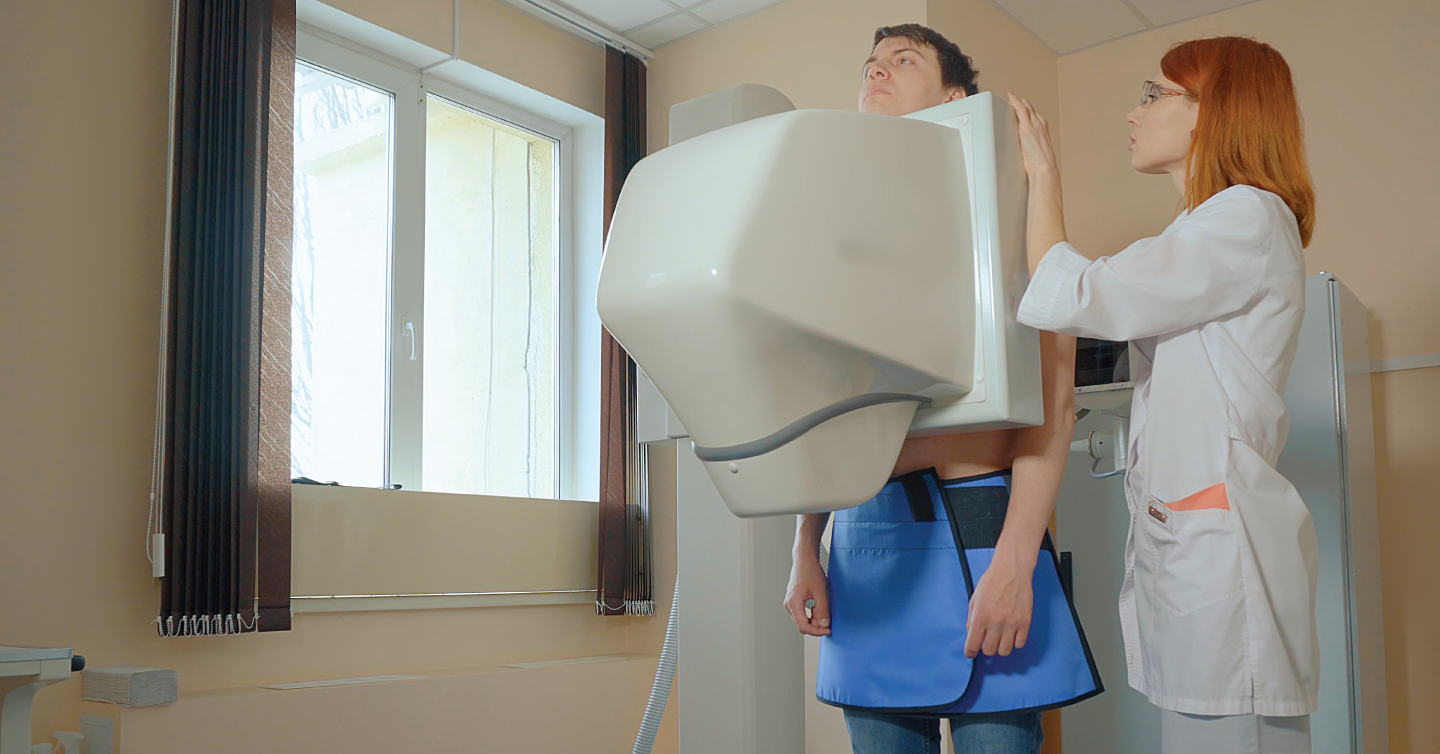March is Colorectal Cancer Awareness Month

What You Need to Know About Colon Cancer and Colorectal Health
By Mindy Arndt, wellness coordinator at Network Health
3/3/2022
While it may seem shortsighted to focus on a health topic for only a single month out of the year, these health months give us the chance to really dive into what’s going on with a part of the body, segment of health or illness in a way that we otherwise wouldn’t be able to do.
March is colorectal cancer awareness month and we're looking at the fourth most common type of cancer. While being the fourth most common form of cancer, colorectal cancer is the second most lethal, due to it often being discovered late in the disease’s progression.
For that reason, we spend March spreading awareness for this silent killer every year. The earlier you catch colorectal cancer, the better your chances are of surviving it.
What are colorectal cancers?
Colorectal cancers are diseases in which the cells that make up the lining and tissue of the colon (colon cancer) or the rectum (rectal cancer) grow unnaturally. Unlike other cancers, colorectal cancers’ internal nature can make it difficult to recognize in its earliest, and easiest to treat, stages.
In fact, the earliest stages of colon cancer are typically marked by polyps or growths within the colon or rectal area. Unfortunately, polyps are rarely detected without medical screening, having no symptoms themselves.
Who is at risk of colon cancer or rectal cancer?
Like most forms of cancer, colorectal cancer has a plethora of risk factors that can make certain groups more likely to have it than others.
- Age – While colorectal cancer affects people of all ages, the risk increases with age. In fact, the majority occurs in those who are 50 or older. For this reason, most medical experts recommend people start screening on or before they turn 50.
- Race – Black Americans are at a higher risk of non-genetic colorectal cancer than other races. If you are a Black American, ask your doctor about the right time to start screening for colorectal cancer.
- Sex – Those assigned male at birth are slightly more likely to develop colorectal cancer than those assigned female at birth.
- Genetics – Colorectal cancer is as much an issue of genetics as it is other risk factors. If people in your family have been diagnosed at some point with colon cancer or rectal cancer, be sure to tell your personal doctor and let them know. They may recommend earlier or more frequent screenings.
- Lifestyle factors – Several lifestyle factors can put one at a greater risk of colorectal cancers. These lifestyle factors include having a diet that includes red meat, consuming tobacco products, especially by smoking, being physically inactive with little exercise and a significant amount of sitting and more.
Other cancers, conditions or disorders can also place you in a high-risk category for colorectal cancer, so be sure to mention any medical history to your personal doctor when discussing your screening journey.
Can I prevent colorectal cancers?
Aside from working to change the lifestyle factors that can increase your risk of developing colorectal cancer, prevention primarily comes down to screenings in line with your personal doctor’s recommendations. They will help you put together a screening plan based on your assessed risk factors.
The American Cancer Society writes that aspirin and other nonsteroidal anti-inflammatory drugs (NSAIDs) may help reduce the development or prevalence of polyps for people in a higher-risk category. Still, using these drugs regularly has its own side effects, so be sure to ask your personal doctor before beginning any medication.
Research also shows that a diet that is abundant in fruits, vegetables and low in red meat can also help. Additional studies suggest that supplements such as calcium or vitamin D may also help.
Colorectal cancer – screenings and lifestyle make all the difference
By taking steps to mitigate risk factors, you can work toward a picture of health with the best possible choice of avoiding this silent killer.
If you have any questions or are looking for a personal doctor to help you put together a plan for preventative care and screenings, we’d love to help. Click below to contact us today.



